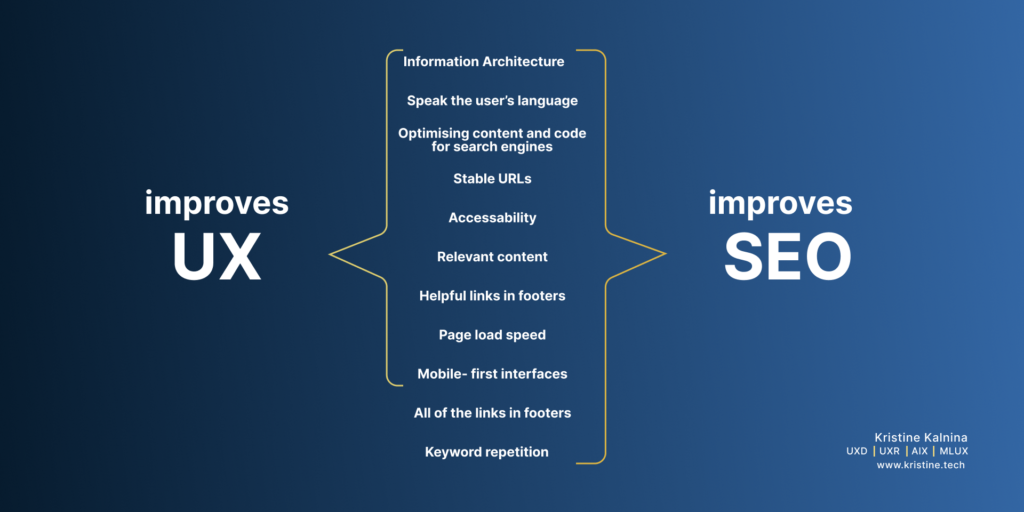In the ever-evolving landscape of search engine optimization (SEO), one factor has remained constant and continues to grow in significance – user experience (UX).
In this digital age, where user preferences and behaviors shape online success, understanding the profound importance of user experience in SEO is paramount.
Lower Bounce Rates and Higher Dwell Time
User experience is closely tied to the way visitors interact with your website. A well-structured, intuitive, and aesthetically pleasing website design encourages users to explore further and spend more time on your site.
This results in lower bounce rates and higher dwell times, both of which Google considers when ranking pages. When users find value in your content and stay engaged, search engines take it as a positive signal.
Mobile Responsiveness
In a mobile-centric world, having a responsive website is not just an option; it’s a necessity. Google prioritizes mobile-first indexing, which means that your site’s mobile version is used for ranking and indexing.
If your website isn’t mobile-friendly, you risk losing visibility in search results. A poor mobile UX can negatively impact your SEO efforts.
Page Loading Speed
User patience is limited when it comes to waiting for web pages to load. Slow-loading websites not only frustrate users but also discourage them from staying. Google recognizes this and includes page speed as a ranking factor.
To ensure a positive UX, optimize your website’s loading speed. This includes minimizing large images, leveraging browser caching, and using content delivery networks (CDNs).
High-Quality Content
While not directly related to website design, content quality is a crucial aspect of user experience.
Engaging, informative, and well-researched content keeps users on your site, reduces bounce rates, and encourages sharing.
When users find your content valuable, they are more likely to stay, explore, and return, which can positively impact your SEO rankings.
User Signals and Click-Through Rates
Google increasingly relies on user signals to determine the relevance and quality of a webpage. Click-through rates (CTR) in search results and user interactions on your site are monitored.
If your page consistently receives high CTR and positive interactions, search engines will recognize it as providing a good user experience, potentially boosting your rankings.
Conclusion:
The importance of user experience in SEO cannot be overstated. It’s not just about pleasing your visitors; it’s about meeting the criteria set by search engines to rank higher in search results.
A seamless user experience, mobile responsiveness, fast-loading pages, high-quality content, and positive user signals all contribute to a website’s success in the world of SEO.
By prioritizing user experience, you not only improve your website’s visibility but also provide value to your audience, fostering long-term success in the digital realm.




